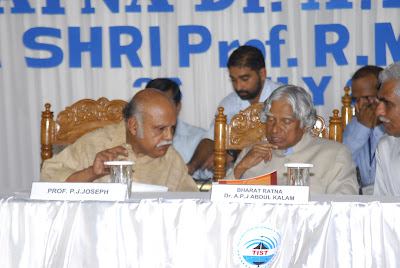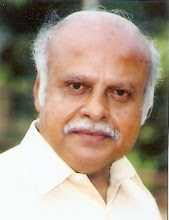I was visiting quite a few educational institutions at different levels in the U.K. On one of those days, I got up very early in the morning, as I had to travel quite a long distance to reach the High School, I was to visit on that day. Those days, every day was a day of excitement going to new institutions, meeting new faces, interacting with persons of different age groups and different faiths and thereby enriching myself with varied experiences and new discoveries.
On that fine morning, I walked into the portals of a high school near London, along with a friend of mine who accompanied me. There was a fairly big crowd in the school. Everybody there seemed to be very busy. I was told, that it was an ‘Open Day’ of the school when anybody can walk into the school, without any prior permission. Normally you cannot have such easy access to any school there. You should have the prior permission of the Principal, otherwise you will not even be admitted to the campus.
An ‘Open Day’ in a School is a day when the prospective parents can visit the school and assess for themselves if the school is good enough for their children. Hence on such a day the school puts up their best and does everything possible to create a very good impression in the minds of the parents about the school, so that they may send their children to the school next year. So the school authorities would try to show their best. The cordiality and hospitality shown to the visitors are quire impressive.
As I reached the school, I was well received and taken to the Principal’s room. He was literally very busy. He was expected to meet every visitor and please them well. So the Principal didn’t have much time to spend with me. After the exchange pleasantries, the Principal called the Head Girl of the School and gave her the duty of taking me to every room of the school, introduce me to teachers and to explain things to me. I came out of the Principal’s room along with the Head Girl.
Then she took me to every room one after the other. When we reached the first class room, she introduced me to the teacher saying, “Here is Prof. Joseph who has come all the way from India to meet us all.” Then I interacted with the teacher. The head girl was listening to everything that I was telling. When we went to the remaining classrooms, my job was easy because the head girl gave a detailed introduction of me, from what she had gathered from my interaction with the teacher, that I met first. Once we finished visiting the whole school, the head girl told me that she had a presentation to make before a small assembly of students and teachers in the afternoon.
“What is it about”, I asked with curiosity.
“It’s about my experience in Rhodesia, a few months back.”, she told proudly.
“Experience in Rhodesia !” were you there in Rhodesia ?”
“Yes, she told, “I was there a couple of weeks.”
“How did you happen to go there? Do you have anybody there?, I asked.
“No, it was as a part of voluntary service.”, she started explaining. “It was announced in the school that there is going to be work camp in Rhodesia for helping the poor people, by constructing new roads, providing small shelters, etc. Students who are interested in going to the labour camp may volunteer. I thought that it is a good opportunity, so I gave my name.”
“Then the school might have met your expenses of travel?”, I asked.
“No, the school didn’t meet any expense.” was her reply.
“So, did you get it from your parents.” I asked because I had to cancel many of my plans to participate in International Conferences as I could not find the expenses of travel.
“Not from the parents.” She replied, “they don’t have money for such things; nor are they very rich.”
“Then where did you get the money from”, I was curious.
“It is funny ! I had to work and earn money, myself.” She said.
“What sort of work did you do?”, I asked.
“All sorts of works”, she said, “whatever came my way. After school hours I went to work as a sales girl, to wash the plates in restaurants etc.”
I was surprised to hear that she was prepared to do any sort of work and never felt ashamed of that as our people here. That too for going to do social work.
“Did you enjoy your days in Rhodesia ?” I enquired.
“Yes, I did to some extent”, she said.
“Were you well taken care of there?”, I was again curious.
“You can’t say that”. she replied, we were taken care of as well as they could, because we were working among the very poor people who couldn’t do much for us even though they wanted”.
“Was it a tough life?”, I asked.
“Yes, it was a very hard task working in the hot sun and sheltered at night in camps.” She said, “It was not a cosy life.”
“While you were working hard in your country to earn money to go to Rhodesia, did you know that life there would be very hard.” I asked.
“Yes, I knew that.” She said, “I knew that from the students who went there last year.”
“Still why did you go?”, I probed.
The girl’s reply surprised me.
“I went because I do owe something to the poor starving people who are my fellow-beings.” was her reply.
“Yes, I have to do something for the needy.” She repeated.
I was stunned. How could this little girl of 14 to 15 could speak so soberly and seriously with so much of social commitment !
I was reminded of the words of Swami Vivekananda that those that do not care for the poor are traitors. Having been educated at the expense of others, if you don’t heed for them, you are to be called traitors.
It was time for me to depart. I bade her farewell, wishing her all the best that I could think of.





